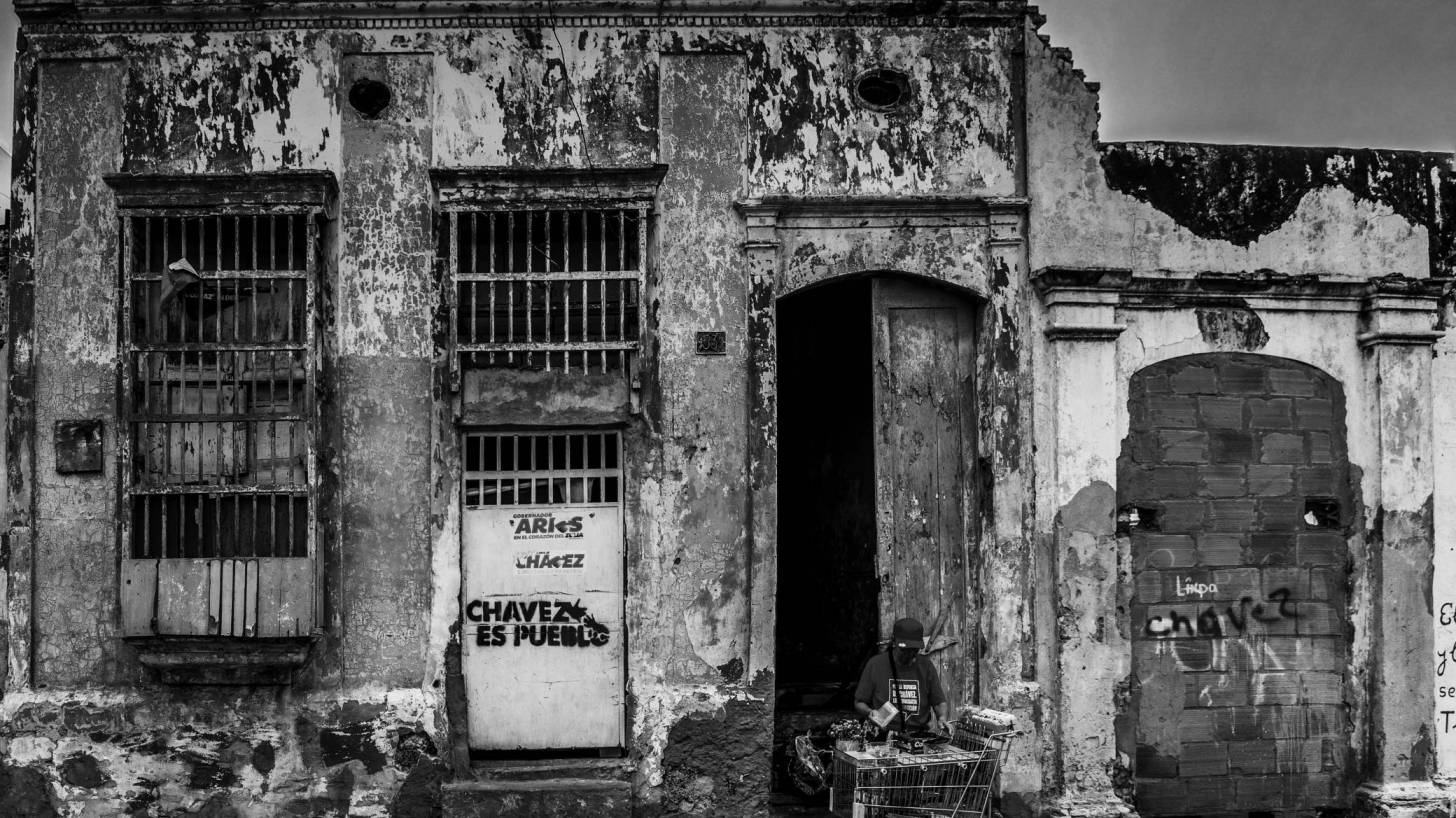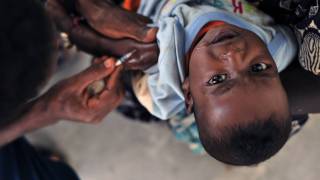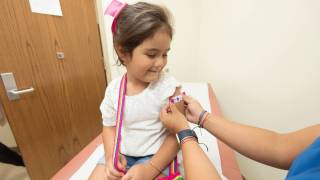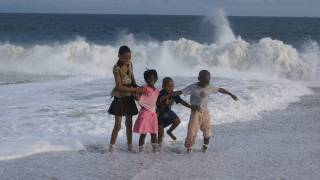Level 4 Travel Advisory Issued for Venezuela

The US State Department issued a Level 4 Travel Advisory for the country of Venezuela on March 12, 2019.
This ‘Do Not Travel’ Advisory says there is civil unrest, poor health infrastructure, and arbitrary detentions of U.S. citizens.
Additionally, on March 11, 2019, the US State Department announced the suspension of operations of the U.S. Embassy in Caracas and the withdrawal of diplomatic personnel from Venezuela.
And, this Advisory says U.S. citizens residing or traveling in Venezuela should depart. U.S. citizens who remain in Venezuela can contact the Department of State in one of the following ways:
- Visit our Task Force Alert website
- Email [email protected]
- Call us at 1-888-407-4747 (from the U.S. & Canada), +1-202-501-4444 (from Overseas).
Separately, on March 8, 2019, the UK Foreign and Commonwealth Office advised against all travel to within 50 miles of the Colombian border and 25 miles of the Brazilian border.
This UK advisory says ‘drug traffickers and illegal armed groups are active along the border area with Colombia and Brazil and there is a risk of kidnapping.’
Previously, the U.S. Centers for Disease Control and Prevention (CDC) issued a Level 3 Travel Alert on May 17, 2018, notifying USA citizens of the breakdown of the medical infrastructure in Venezuela.
Moreover, Venezuela’s health issues are spreading to other South and Central America countries.
In this review published on February 21, 2019, researchers found the following disease outbreaks in Venezuela:
- Malaria: Venezuela witnessed a 359 percent increase in malaria cases over 15 years, then more rapid outbreaks in 2016, with 240,613 cases, an additional 71 percent increase in 2017, with 411,586 cases. And, neighboring countries, such as Brazil, have reported an escalating trend of imported malaria cases from Venezuela, from 1,538 in 2014 to 3,129 in 2017
- Chagas: Active Chagas disease transmission has been reported, with seroprevalence in children (<10 years), estimated to be as high as 12.5 percent in one small community
- Dengue: Dengue incidence increased by more than 4 times between 1990 and 2016
- Chikungunya: The estimated incidence of chikungunya during its epidemic peak is 6,975 cases per 100 000 people
- Zika: The Zika virus was reported to be 2,057 cases per 100,000 people.
“The continued upsurge in malaria could soon become uncontrollable," said Martin Llewellyn, a doctor and senior lecturer at Britain's Glasgow University who led the review, with researchers from Venezuela, Colombia, Brazil, and Ecuador, in a press release.
And the return of measles in Venezuela has been recognized by the World Health Organization as a substantial health risk to neighboring countries.
According to a report published by the CDC on January 30, 2019, Venezuela had contributed 68 percent (5,525/8,091 cases) of the measles cases reported in the Americas and most of the measles-related deaths (73/85), as of October 23, 2018.
The CDC recommends travelers to Venezuela be up to date on all recommended vaccines, such as the DTaP and MMR vaccine.
And, the CDC recommends all travelers consider typhoid, hepatitis A and yellow fever vaccines, and take prescribed medicine with them to prevent malaria.
International travelers can easily request a vaccination appointment with a local pharmacy at Vax-Before-Travel.
The CDC Vaccine Price List provides private sector vaccine prices for general information. And vaccine discounts can be found here.
Vaccines, like any medicine, can have side effects. You are encouraged to report negative side effects of vaccines to the FDA or CDC.
Our Trust Standards: Medical Advisory Committee


























